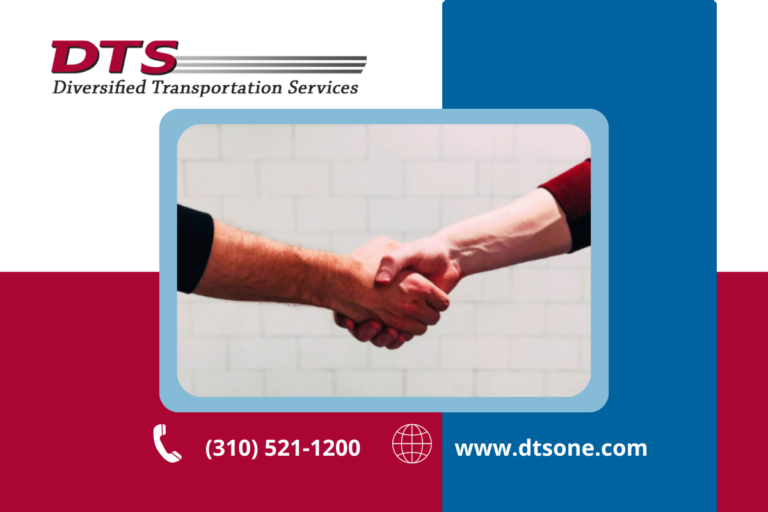
Transportation management plays a vital role in the success of any business, especially in selecting the right LTL freight company. Most e-commerce firms rely on a truckload logistics provider to fulfill their shipment orders. It has popularized the tremendous benefits accrued by the transportation sector leading to an increase in commercial vehicles.
Recent studies by the Federal Motor Carrier Safety Administration estimate that 5.9 million commercial motor vehicles operate in the United States. Therefore, for sourcing and delivery of your products, you need a reliable truckload logistics provider.
If you require support in your supply chain, consider expedited trucking services near you. Individual requirements and storage are critical factors when choosing a less-than-truckload logistics firm.
This article gives great tips on how to select the right LTL logistics partner.
Whether you are using full truckload or less-than-truckload (LTL) shipping, consider the value of your product. Full truckload logistics is most suitable for large-volume orders regardless of the size and weight of the stock.
LTL shipping combines shipments from multiple customers. Therefore, it is essential to know the susceptibility to damage to your product. Shippers also need to be aware of the delivery location and expected arrival time.
Most LTL freight companies understand the need for shippers to have visibility of their shipments. The right regional LTL provider will help ensure that you can see the load even after the freight leaves the dock.
Less than Truckload shipments make several stops to unpack and repack products. With this in mind, you could weigh the carrier's ability to accommodate changes in delivery. The flexibility of any truckload logistics firm depends on its ability to manage extraordinary requests.
The ideal less-than-truckload logistics provider should be able to adapt to quick changes. Inquire if they are willing to make adjustments in their delivery time. Gauge whether they can assign staff in case of additional shipments.
Shippers should consider if their potential LTL truck companies have advanced technology. For instance, a provider with an automated scheduling system can accommodate multiple requests. You need a carrier that prioritizes your convenience.
Most carriers announce transit times for LTL and full truckload shipments. Published transit time in a truckload logistics firm can be different from the actual transit time. Weather changes or terminal delays could cause a difference in time.
Before determining the right fit, ask about the precise transit time for your preferred route. Check the carrier's online reviews from clients they have previously managed.
Reputable less-than-truckload carriers have fast track lanes and strong working relationships with existing clients. LTL carriers that have been in the truckload logistics business for longer would be a better choice.
When choosing an LTL carrier, look out for those offering service guarantees. Factoring in the value will help you gain perspective on the best regional LTL shipping provider.
Taking into account the transit time, reliability, and customer service will help you decide on your LTL carrier. It's also advisable to ask how the company responds to tight capacity before engaging in a binding contract.
You can use capacity as a negotiating point. The published rates are flexible, and you can haggle your way out to a better deal.
Deciding on the most suitable LTL shipping carrier can be a difficult task. You can hire a freight transportation provider to oversee the selection process. Be sure to consider their capabilities and customer service.
Hire a freight transportation provider with an impeccable reputation, safety record, and company stability. These qualities will help you narrow down the field of applicants.
The ideal third-party logistics providers should manage the contract negotiations without any hassle. Entrusting the haggling process to them helps to ensure you get great rates.
All in all, the knowledge of your product will help when deciding on the right less-than-truckload carrier. When dealing with truckload logistics, make sure you fully understand the carrier's capabilities.
Whether you're a company looking to improve one facet of your supply chain, your entire supply chain, or simply looking for a transportation and logistics consultation, we can help.